What happens after the fat lady sings?
The fact is 100% of humans will die at some point in time.
Despite knowing this, I have had so many patients avoid even thinking about what the end of their life and what happens after their death. They merely state, “My family will take care of things.”
I want to touch on a few major areas that I see issues come up and try to get you thinking about what you envision and ultimately want.
Healthcare decisions
Often, I have family members that tell me “I’m the power of attorney.” But did you know that in order to make healthcare decisions, you must have specific written documents pertaining to healthcare? You may have already prepared legal documents assigning who is your POA but unless you have a Healthcare Power of Attorney, as your physician, your legal POA has no meaning to me. Let me also add, if you don’t have written legal paperwork about who your healthcare POA is, in the state of Indiana, your spouse, adult children, parent(s), and adult siblings all have equal say into your care. Indiana does not have a graduated system that assigns priority. This has its benefits and disadvantages but just a word of the wise!
So let me help define some terms and documents (I have used the definitions that my institution and State of Indiana uses).
Advanced Directive is a term that refers to a person’s WRITTEN instructions about his/her medical care and treatment. This is normally prepared in advance of a devastating illness or injury. It typically spells out what the person’s desires about their treatment and names another person to make healthcare decisions for them should they be incapacitated.
The following are examples of different Advanced Directives. You will need to talk with someone who prepares these types of documents (like an attorney or local Agency on Aging) because the requirements differ from state to state.
- Living Will Declaration is an Advanced Directive but it specifies exactly what kinds of life prolonging procedures or treatments you would want to receive or not want to receive should you become terminally ill and unable to make your own decisions.
- Life Prolonging Procedures Declaration is another Advanced Directive that tells your wishes about extending their life using life-prolonging procedures.
- Health Care Representative Appointment also known as “Health Care Power-of-Attorney” is an Advanced Directive document in which you appoint someone else to make decisions about your healthcare ONLY IF you are incapable of making your own decisions.
- Physician Orders for Scope of Treatment (POST) form is a relatively new form that is actually a direct physician order (so it is signed by you and your physician). This form reflects your wishes about CPR, medical interventions, what type of interventions they would want (comfort care), antibiotics and artificial nutrition. However, unlike the other forms which anyone can have, a POST form requires that you have a chronic disease, illness, or injury that there is no recovery and death could likely occur within a year.
Remember Advanced Directives are only in effect if you are in danger of dying and need life saving measure and can’t speak for yourself. They also can be changed or cancelled at any time.
Resources for Advance Directives
American Bar Association
www.americanbar.org
(search for "Consumer's Tool Kit for Health Care Advance Planning")
National Legal Resource Center
www.nlrc.aoa.gov
POLST (Physician Orders for Life-Sustaining Treatment)
www.polst.org
Put It In Writing
American Hospital Association
www.putitinwriting.org
End of Life Care
This is a tricky but important topic. I urge you to think about what kind of treatment you DO or DO NOT want in a medical emergency. In thinking about these treatment decisions, it’s important to factor in your personal values. Is your main desire to have the most days of life or the most life in your days? Think about the following questions provided by the NIH:
- What if an illness leaves you paralyzed or in a permanent coma and you need to be on a ventilator? Would you want that?
- If a stroke leaves you paralyzed and then your heart stops, would you want CPR? What if you were also mentally impaired by a stroke—does your decision change?
- What if you are permanently unconscious and then develop pneumonia? Would you want antibiotics and a ventilator used?
- What if you develop dementia, don’t recognize family and friends, and, in time, cannot feed yourself? Would you want a feeding tube used to give you nutrition?
Any Special Instructions for Family
Within most families, some kind of conflict typically happens. It’s almost always guaranteed. However, I’ve seen that families that talk through tough issues and know their loved one’s wishes, tend to have less fighting. So write down special instructions and tell them to family members in advance so they are not surprised. Areas to address include:
Healthcare decisions:
Who will make your decisions?
What decisions would you want made?
Financial Arrangements
How should your money be spent?
How should your investments be handled?
Do you have any special advisors that you want your family to consult?
What do you want done with your possessions and house?
Any special causes, charities, churches, or organizations that you plan to give to at your death?
Funeral/Death Preparations
Where do you want to be buried?
Or do you want cremated?
Do you already have arrangements made?
By having a plan set up for your family ahead of time, you will make a hard situation somewhat easier to handle. It’s always a great idea to talk with your family and your doctor about these tricky situations.
Be Well!


